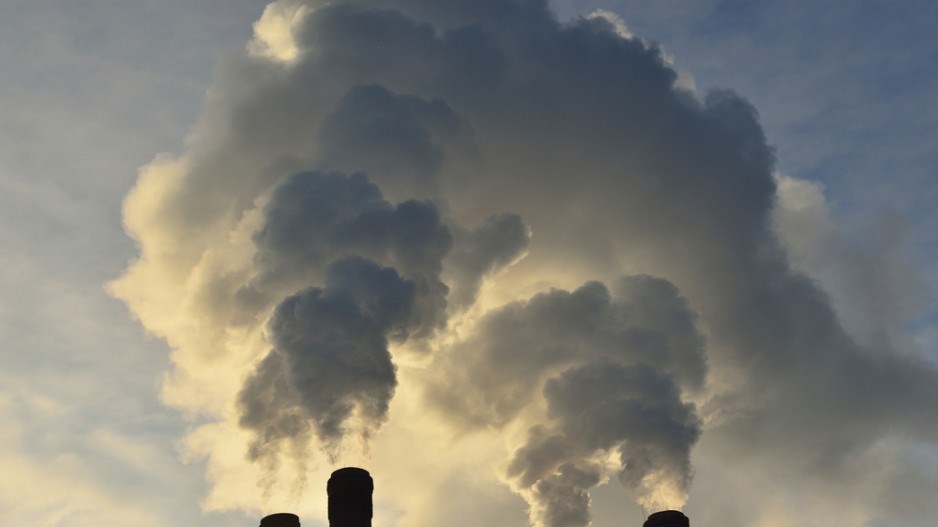A summer that has included one of B.C.'s worst droughts and forest fire seasons has many in the province thinking about climate change and what the future will bring.
But critics are questioning whether the provincial government’s plan to start a second round of climate change planning is a lot of hot air, given the work that has already been done on policies to reduce greenhouse gas emissions.
Environment Minister Mary Polak is asking the public to fill out online surveys indicating their support for regulations requiring buildings be more energy-efficient, incentives to encourage people to drive less and expanding the carbon tax.
A draft of the plan, which the government says will guide emissions targets between 2020 and 2050, will be released in December 2015, timed to coincide with international climate talks in Paris.
At a July 17 press conference, Polak said her government’s push to develop a liquefied natural gas industry is not at odds with its commitment to address climate change.
“One of the ways that we are envisioning the production of liquefied natural gas and our production of it is that transition need,” she said.
“We know around the world there are many countries, many jurisdictions that are fully reliant on fuels like coal and diesel to produce their energy. Many of those jurisdictions are not in a position to see renewables be viable in the near term.”
A new plan should have been started in 2012, when the former climate plan expired, said Spencer Chandra Herbert, MLA for Vancouver-West End and the NDP’s environment critic.
“We’re missing a huge opportunity to act against climate change as we debate right now about LNG,” he said. “About 70% of the emissions from LNG have been exempted from LNG climate regulations and legislation. That’s a real challenge.”

B.C.'s carbon emissions have risen over the past few years, but the government expects a dramatic reduction in the near future
By 2050, Petronas’ proposed LNG plant near Prince Rupert would produce emissions nearly equal to the entire amount of emissions currently produced by the province.
A second climate leadership plan is a waste of time and money, given the extensive policy work that has already been done by the Climate Action Secretariat, said Andrew Weaver, the province’s sole Green Party MLA and former member of the secretariat.
“They know what to do. They have all the policy before them, they simply have to decide to do it,” he said.
Weaver believes the province should reverse its 2014 decision to repeal the Cap and Trade Act, which would have put a limit on the amount large polluters could emit and allowed them to buy carbon offsets. While the province has a ground-breaking carbon tax in effect, which has resulted in reduced emissions, the government has not raised the tax in several years, which Weaver said has reduced its effectiveness in getting people to change their behaviour.
@jenstden




